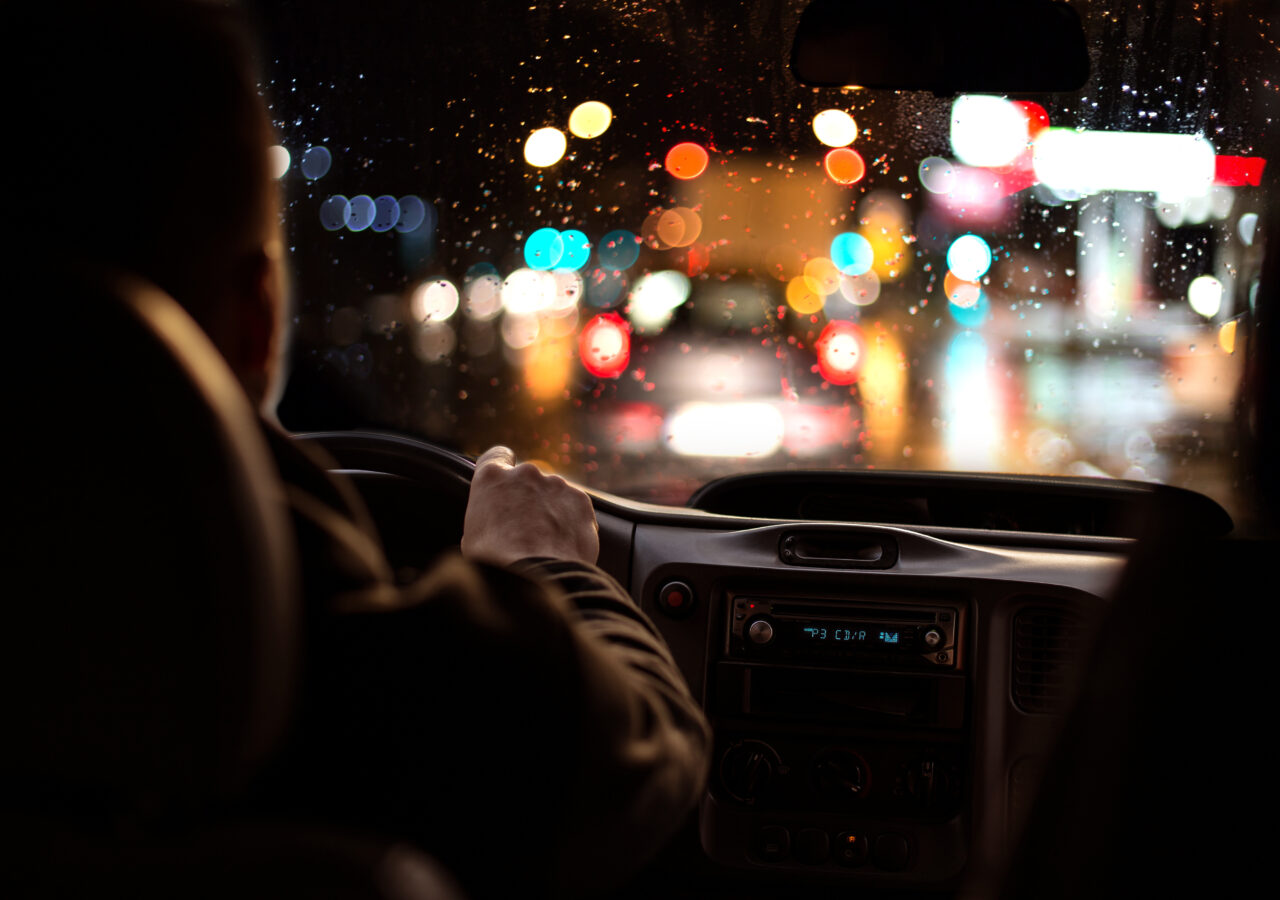
An unintended by-product of the switch to and from Daylight Saving Time (DST) is a marked increase in deadly car accidents.
The spike is especially notable in the spring, when we lose an hour of sleep. In fact, fatal car wrecks go up by six percent in the week following the start of DST. This phenomenon has been recently reported in a study by the University of Colorado-Boulder and published in the journal Current Biology.
The six percent increase equates to about 28 additional deaths each year. The twice-yearly time switch is also believed to cause a rise in workplace injuries, sleep disturbances, stroke, and heart attack.
The study only included the most serious car wrecks, leading investigators to suspect the number of crashes just after the DST switch may be even higher than they found.
“Falling Back” Isn’t Safe Either
The fall time change can be just as perilous for drivers. A study from the National Center for Biotechnology Information found an increase in the number of fatal car accidents on the Sunday after the time change. Researchers speculate that drivers stayed up later on Saturday nights, counting on the extra hour of sleep to let them catch up on their rest. But the human body doesn’t work that way, according to sleep experts. People can’t truly bank sleep.
Why Do Accidents Spike After Daylight Saving Time?
When DST ends, you’ll find yourself driving in the dark more frequently. Skills that are vital for safe driving, such as depth perception, color recognition and peripheral vision, are worse when it’s dark, according to the National Safety Council. In addition, the glare of headlights from an oncoming vehicle can temporarily blind you.
Even with high-beam headlights on, visibility is limited. This gives you less time to react to changes in conditions around you.
The sudden change in clock time also disrupts natural human sleep patterns, leading to a decrease in total sleep time and reduced sleep quality. Sleep deprivation can lead to delayed reaction times and make it hard to pay attention to the road and properly assess potential hazards.
Safety Tips for Driving at Night
The National Safety Council offers these suggestions to drive more safely at night:
- Aim your headlights correctly and keep them clean.
- Dim the illumination of your dashboard.
- Look away from oncoming lights.
- When wearing glasses, make sure they have anti-reflective lenses.
- Clean streaks off the windshield.
- Slow down to make up for limited visibility.
If possible, ease into the time shift by adjusting your sleep in the days leading up to it. At night, minimize exposure to blue light coming from phones, laptops, and TV. Avoid heavy meals for dinner and try not to drink coffee or alcohol right before going to bed.
Get Help From a Winter Haven Car Accident Lawyer
Despite your best efforts, you may one day find yourself the victim of a car crash. If you’ve been seriously hurt in a Florida collision, get a Winter Haven car accident lawyer from Brooks Law Group on your side. We’ll listen to your story, explain every legal option, and fight for the best possible outcome in your case.
Our legal team understands the physical and financial strain that you’re experiencing. That’s why we offer free initial case reviews. There’s also no charge unless we win compensation for you.
You have nothing to lose by scheduling a free consultation. Call or contact us today.













